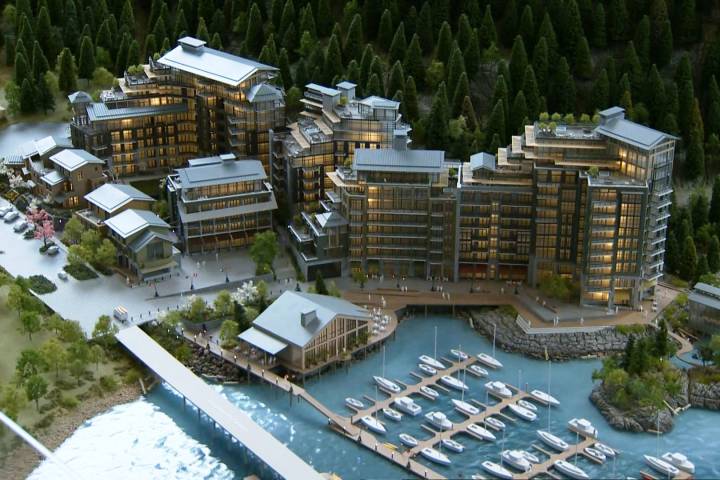bc hydro seed proposes to fund schools park upgrades
From Metro:
BC Hydro proposes to fund new schools and park upgrades
Local policymakers are waiting for public feedback before making a decision on the proposal which could fund two schools and several park upgrades

BC HYDRO/CONTRIBUTED
One of the projects that could be funded with BC Hydro’s Seed proposal is a renovation of Emery Barnes Park in exchange for the park board leasing the land to the BC Hydro so that they can build a substation underground.
Vancouver could receive funding for two new schools and several park upgrades if local policymakers approve BC Hydro’s proposal of funding community amenities in exchange for a lease agreement that would allow it to build two underground substations in the downtown area.
The city centre’s demand for electricity is projected to grow by more than 75 per cent in the next 30 years and two aboveground substations will soon be de-commissioned due to age, according to a BC Hydro release. Meanwhile, the Vancouver School Board has said it intends to ask for provincial funding for at least two downtown schools to meet enrolment demand in the coming years.
The so-called “Seed” proposal, which would see the electricity provider paying for park upgrades and schools, is the first of its kind in North America, according to BC Hydro.
It’s a plan that could work if all stakeholders, including the public, are fully consulted, said Park Board chair Michael Wiebe.
“They are talking about threading the needle. If all the pieces fall into place, this would be a great win-win.”
More:
He says the board wants more details from BC Hydro, including information about financial return and health concerns of building a substation in a densely populated area. The proposal would fund a “refurbishment” of Yaletown’s Emery Barnes Park and to-be-decided lump sum that the park board could use to build new parks or community centres. Wiebe confirmed the deal would be worth “tens of millions” of dollars.
Another large project listed in the proposal is the construction of substations under new schools, which would satisfy the region’s power needs while creating more classroom space for children in the West End and Coal Harbour.
A Coal Harbour school could be built by 2020 and a West End school, next to the current Lord Roberts Annex, in 2025, according to BC Hydro. The substations underneath would be built at the same time.
When asked how much money BC Hydro was offering in total, a spokesperson told Metro it was too early to say.
The Vancouver School Board’s 2017-18 capital plan puts the potential budget for a Coal Harbour school at $21 million.
The new West End school would replace the aging Lord Roberts building, the school board confirmed.

BC HYDRO/CONTRIBUTED
BC Hydro says it needs to build two new substations in downtown to meet the region's growing demand for electricity.
One of the first changes Vancouverites could see as a result of the proposal, if approved, is a complete facelift for Cathedral Park, which was built on top of an underground substation.
That substation is the first underground site in North America, according to BC Hydro.
Both the park board and City of Vancouver are encouraging residents to participate in BC Hydro’s consultation process.
“The City is very interested in the public’s input on BC Hydro’s proposal, and encourages residents to participate in BC Hydro’s engagement process,” a spokesperson told Metro in an emailed statement.
BC Hydro is accepting public feedback on the proposal through an online form and open houses until Feb. 28.
The park board and school board will vote on the proposal on March 27th.
BC Hydro open houses
Yaletown
Wednesday, February 1, 2017
5:00-8:00 p.m.
Elsie Roy Elementary School
150 Drake Street, Vancouver
West End
Saturday, February 18, 2017
10:00 a.m.-1:00 p.m.
St. Paul’s Anglican Church
1130 Jervis Street, Vancouver




